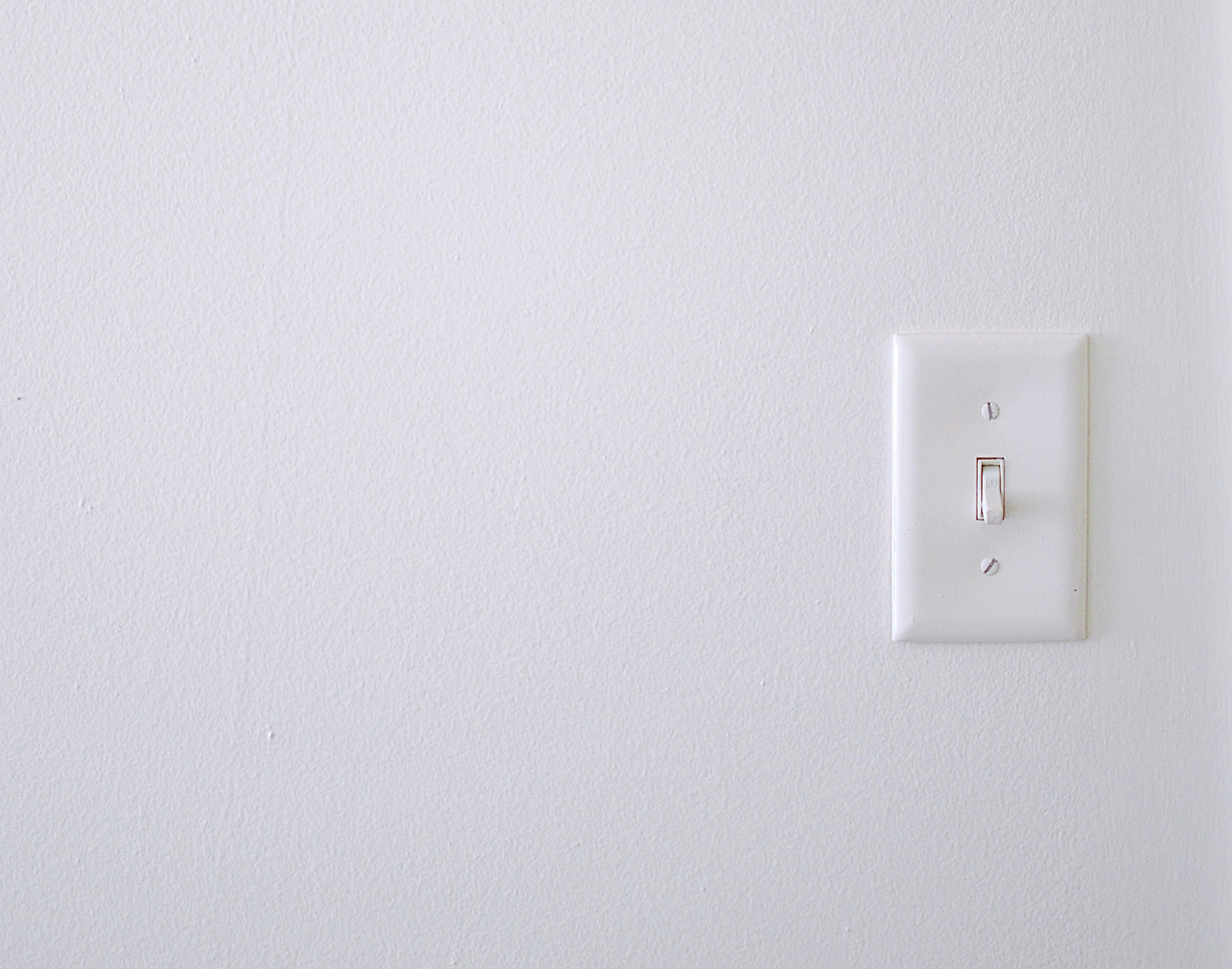The Founder’s Guide to Mental Health & Leadership Performance: Part I - Introduction

This guide seeks to provide a framework for startup founders who are looking to manage both their mental health and their leadership skills. Typically guidance for founders falls in one of these two spheres: the psychological / emotional support of a therapist, or the managerial / leadership advice of a coach. In my experience these two domains are inseparable, as your leadership approach has a major impact on your mental health and vice versa. Thus this guide seeks to provide a holistic and thus much more effective approach.
This guide will come in 4 parts. This first part will consider the root of the mental health challenge: where anxiety comes from and why founders are prone to anxiety.
Part II will review the various approaches to managing anxiety from taking care of the body to managing your psychology.
Part III will delve into how to reduce the triggers that drive anxiety. This involves growing the leadership skills so that the Founder can reduce the scope of their concerns and instead drive performance from the team.
Part IV will cover how Founders should organize concerns temporally and how they need to step up and contend with the issues that are theirs to deal with.
Let’s begin by convincing you that this issue of mental health is worth your time and attention …
Founder Health is Company Health
Founders often have a major roadblock in tending to their mental health. They are so committed to the success of their venture that they cannot acknowledge the value of work on their mental health, seeing it as superfluous to their primary objective.
I see mental health as a worthy end it its self, but, for the founder who cannot acknowledge that, it is important to identify that the mental health of the founder is also critically important for the company. A founder plagued by fear and fatigue is a crippled decision maker and an inferior leader. The company needs the founder to show up at their best in order for the company to succeed.
The Source of Anxiety
Medically anxiety arises when there is a disconnect between the amygdala and the prefrontal cortex (PFC) in the brain. The amygdala is the sentinel of the brain that scans for danger and sounds the alarm when it is perceived. The PFC’s job is to then process those amygdala signals, analyze the severity of the threat, regulate the emotions, and determine how to respond. Anxiety arises when the amygdala pulls the fire alarm and the PFC for whatever reason is not able to respond to the alarm and, as appropriate, to turn it off.
While there are many conditions that disrupt this dynamic and generate anxiety for the general population, there are a few specific conditions to focus on that particularly plague founders. The first is that the founder does not have the time and (mental) space to process the perceived threat. A scary event occurs and the amygdala sounds the alarm, but the PFC does not have the time & space to process it, and thus the fear lingers in the brain and the body as anxiety. The alarm continues to sound.
The second is fearful subconscious mental chatter. Founders have far too many issues to process and challenges to think through. Founders tend to obsess and worry about these issues subconsciously on a nearly continuous basis, but without the time, space and conscious clarity to really process them in the PFC. Thus this negative subconscious chatter is regularly stimulating the amygdala, generating angst and persistent anxiety in the body and the mind. The alarm is sounding—perhaps at a lower lever—but continuously.
As anxiety mounts and become more chronic it becomes more debilitating. The founder can develop an anxiety of being anxious. Anxiety can lead to insomnia, which can really weaken the founder. And as these conditions worsen the founder might lose confidence in ever emerging from this state, leading to depression.
The Founder’s Vulnerability to Anxiety
The job of a founder is particularly vulnerable to anxiety. There are few endeavors that involve as much uncertainty and risk as startups. Startups by definition are doing something never done before, so the path forward is always obscure and the likelihood of success always in doubt. Rejection and bad news are also constant companions. Whether in going after investors or selling to customers or pushing for a release, it’s much more typical for a founder to hear “no” than “yes.” Also a startup intrinsically has more to do than can be done by its resources. A founder is typically an overachiever with a passionate attachment to the startup’s mission.
These conditions are ripe for anxiety. The founder has continuous negative stimulation, whether through fearful events or a never ending list of challenges that must be figured out and resolved. As founders are typically highly committed to their mission, every piece of bad news hits hard and the founder continues to fixate upon it. But the founder lacks the time and space to clearly process this negativity, provoking (often chronic) anxiety.
.png?width=1000&height=300&name=Toby%20Murdock.com%20Logo%20(1).png)
 By
By


